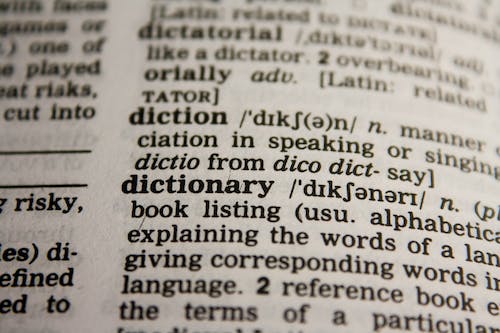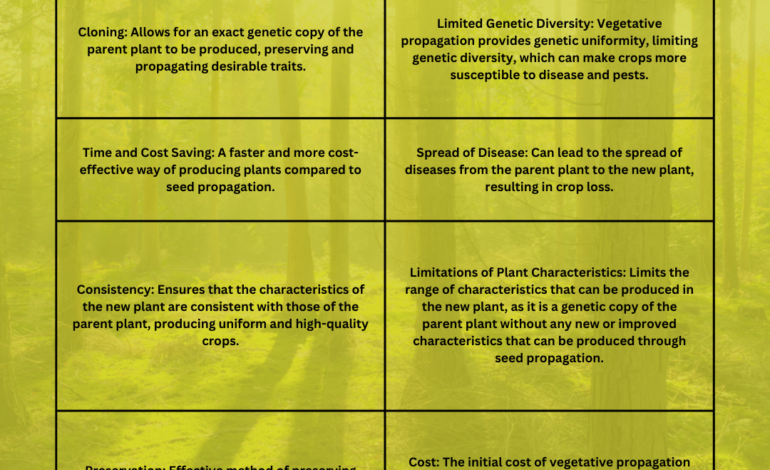Exploring the Wonders of Lexicography
Are you a lover of language and words, like me? Do you find yourself fascinated by the endless possibilities of expression and the diverse ways in which different cultures communicate? If so, join me on an adventurous journey through the world of lexicography, as we explore the question: what language has the most words?
Our journey begins with a simple question: what does it mean to have the most words in a language? Does it mean that one language has more vocabulary than any other? Or does it mean that one language has the most complex grammatical structures, allowing for a greater range of expression? As it turns out, the answer is not as straightforward as one might think.
To start with, let’s consider the nature of language itself. Language is a living, breathing entity that is constantly evolving and adapting to the needs of its users. Every language has its own unique history, culture, and geography, which shape the way it is spoken and written. As a result, it is impossible to quantify the number of words in any given language with absolute precision.
That being said, there are certainly some languages that are known for their expansive vocabularies. For example, English is often cited as having one of the largest vocabularies of any language, with estimates ranging from 170,000 to over 1 million words. This is due in large part to the fact that English has borrowed heavily from other languages throughout its history, incorporating words from Latin, Greek, French, and many other sources.
But English is far from the only language with a rich and varied lexicon. Other contenders for the title of “language with the most words” include Mandarin Chinese, which boasts over 50,000 individual characters, each with its own unique meaning and pronunciation. Arabic, too, is known for its complex grammar and vast vocabulary, with some estimates suggesting that there are over 12 million words in the Arabic language.
Of course, the number of words in a language is only one aspect of its complexity and richness. Just as important are the ways in which words are used and combined to create meaning. For example, the grammar and syntax of a language can greatly impact its expressive power. Some languages, like Russian, have a highly inflected grammar that allows for precise distinctions between different shades of meaning. Others, like Chinese, rely more heavily on context and tone to convey nuance.
In the end, the quest for the language with the most words is a fascinating and never-ending journey. As we explore the wonders of lexicography, we discover not only the richness and diversity of human language, but also the complexities and contradictions of our own understanding of words and their meanings. So let us embrace this journey with open minds and curious hearts, and see where it takes us.



